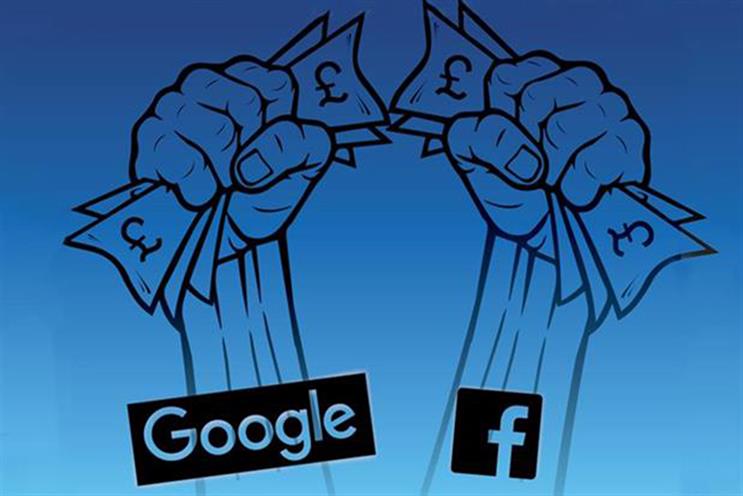
The UK’s competition watchdog has suggested that consumers being paid for their data might make the digital ad market fairer at the launch of its research into the dominance of Google and Facebook.
The Competition & Markets Authority study, ordered by chancellor Philip Hammond in February, will look at the way ad-funded platforms are collecting and using personal data, as well as their "sources of market power".
"Although the platforms often provide user services for free, a more competitive market might result in consumers being paid for their data, or provide consumers with greater control over how their data is used," the CMA said.
The body has announced that a key goal will be to determine whether competition in digital advertising is producing "good outcomes" for consumers.
Although online platforms provide services for free, the CMA has recognised that consumers "are paying through the attention and data that they provide" and that this is monetised through digital advertising.
The CMA said: "Despite the valuable services provided by the online platforms that are funded by digital advertising, we have heard a number of concerns that the sector is not working well. These concerns relate to the market power of the main platforms in consumer-facing markets, the lack of consumer control over the use of their data and the ways in which this is monetised by the platforms."
Google and Facebook together account for a majority share of digital advertising revenues in the UK (an estimated 61% in 2018, according to Ofcom).
The study will focus on three themes:
- The market power of online platforms in consumer-facing markets
- Consumer control over data-collection practices
- Competition in the supply of digital advertising in the UK
It follows a review into the UK’s digital ad market by Andrew Furman, former economic advisor to US president Barack Obama.
Andrew Tyrie, chair of the CMA, said: "Much about these fast-changing markets is a closed book to most people. The work we do will open them up to greater scrutiny and should give parliament and the public a better grip on what global online platforms are doing.
"These are global markets, so we should and will work more closely than before with authorities around the world as we all consider new approaches to the challenges posed by them."




.jpg)
.jpeg)
